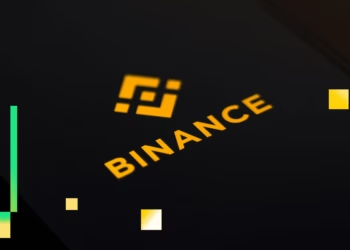Thailand’s Securities and Exchange Commission (SEC) is taking a bold step toward regulating digital asset listings, issuing new draft guidelines that aim to exclude memecoins and NFTs from centralized crypto exchanges. The move reflects growing regulatory skepticism toward assets seen as speculative, volatile, and lacking fundamental utility.
While Thailand has made strides in embracing blockchain innovation — including its 2025 tax exemption policy on crypto trading gains — this latest development marks a shift toward stricter oversight, particularly over high-risk digital assets.
What the New Rules Propose
The draft notification, currently under public consultation, would prohibit exchanges from listing cryptocurrencies that fall into four categories:
- Memecoins with no clear objectives or underlying value
- Fan tokens that lack stable pricing mechanisms
- NFTs (non-fungible tokens)
- Tokens issued by exchanges themselves, which may pose conflicts of interest
The SEC emphasized that these assets often lack transparency, are prone to manipulation, and fail to meet long-term investment standards. According to the regulator, the aim is to ensure that exchanges list only tokens with “verifiable utility, traceable project development, and clear whitepapers.”
Why Target Memecoins Now?
The timing isn’t coincidental. Memecoins — particularly those launched on Telegram-based platforms and decentralized exchanges — have exploded in popularity across Southeast Asia in recent months. While some have delivered short-term gains, many have also collapsed within days, leading to widespread retail losses.
Thailand’s financial authorities appear increasingly concerned about market manipulation, rug pulls, and the influx of speculative capital into digital assets with no utility. The proposed ban seeks to bring stability to the local crypto market and reinforce investor protection measures.
A Policy Pivot in Context
This proposed rule comes just months after Thailand’s government introduced crypto tax exemptions for both retail traders and VC-backed projects.
While the tax break aimed to attract innovation and capital, the current regulatory pivot signals that the country wants to differentiate between “productive” crypto activity and speculative bubbles. In other words, Thailand is happy to welcome blockchain builders — but it wants to keep memecoin mania outside its regulated financial system.
Final Thoughts: What This Means for the Thai Crypto Market
Thailand’s evolving stance reflects a broader global pattern. As crypto matures, regulators are increasingly distinguishing between tokens with real-world utility and those driven purely by hype. If enacted, these new listing rules could push local exchanges to refocus on compliant, utility-based assets and slow the memecoin frenzy that’s been spreading across the region.
For crypto entrepreneurs and investors in Thailand, the message is clear: projects with strong fundamentals, transparency, and clear use cases are welcome — the rest may soon be delisted.










